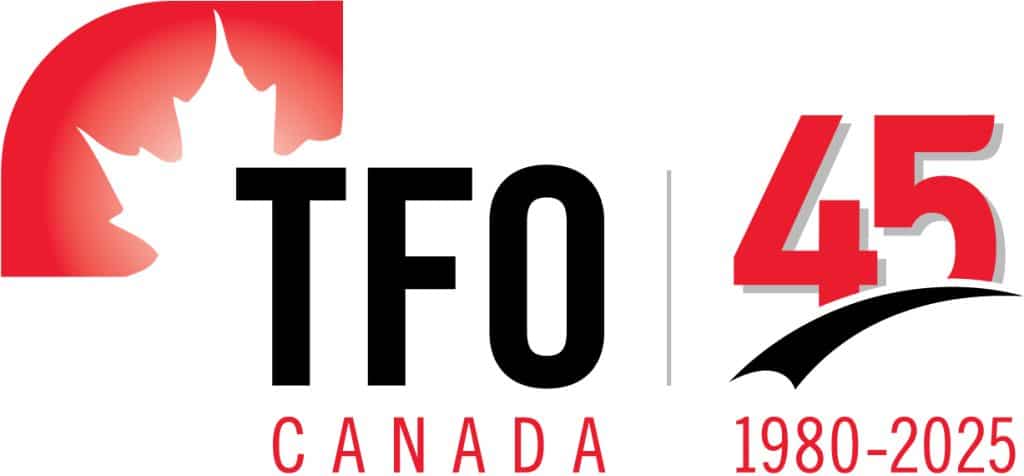Mariétou Diouf was ahead of the game back in 2013 when she started her natural products business, EtouNature, in Senegal in 2013. “There are many natural products here that are good for health and cosmetics, but no one was doing anything to monetize that,” she explains. Today, her ISO 9000:2015 certified company not only has a store, two offices and a manufacturing plant in Dakar, but it also exports to Europe, Canada, and other parts of Africa.
EtouNature offers natural food and cosmetic products such as baobab, bissap, moringa, and shea, as well as training in natural cosmetic and food formulation. It promotes African natural products and values local resources while integrating the principles of sustainability, equity, and inclusion. This is done through employing primarily women, including 500 women from villages around Senegal and West Africa in the production chain, and sporting packaging that promotes its natural ingredients and the fact that it works with women.
With no harsh chemicals, the company’s ingredients are environmentally responsible. And EtouNature’s gender inclusive practices also make it stand out. “We empower women who otherwise have no channel to sell what they produce and this gives them money to help their families, a responsibility that rests on the shoulders of women in Africa,” says Mariétou.
She began exporting in 2015, initially to France because it is French-speaking just like Senegal and geographically attractive. After attending trade shows and selling at a street market in Canada, Mariétou has focused on exporting power bars to Montreal, once again due to its dominant French language. In order to sell in the Canadian market, she had to adapt her labels to include both French and English as well as the nutritional values. She is planning to create a website for Canada and has hired a logistics company to store inventory and ship product in the country. Although the Canadian market is competitive, she differentiates EtouNature by emphasizing its natural ingredients and gender inclusive work practices.
There is no question that the superior quality of its certified natural products and its reputation based on sustainable practices are among the success factors for entering the Canadian market. So too are networking and strong partnerships, forged by exhibiting at international trade shows. Mariétou also credits TFO Canada support, including participating in its trade missions and receiving training in how to best prepare. As a result, she created suitable promotional materials and brought samples.
She highly recommends this TFO Canada training for others. “It helped me to understand what is needed when attending a professional B2B fair,” she explains. It also enriched the experience and contributed to fruitful networking. And by exhibiting at a TFO Canada-organized trade delegation to SIAL in Paris in 2022, she met many people and signed a $20,000 contract with a supermarket to sell raw shea butter and other cosmetics. She learned from the experience that she needed to expand her product range and quantity in order to sell successfully to international markets.
Additional training from TFO Canada on developing an export strategy and coaching about gender, climate change, and corporate social responsibility helped in a number of ways. “I learned about Canadian regulations, customer preferences, and logistical details of shipping to Canada,” notes Mariétou. It also raised her awareness of the importance of environmental sustainability and gender inclusivity. She now includes gender indicators in her operations. “The training was very helpful, and I am grateful for TFO Canada’s online information, which is so useful,” she adds.
Building her business has not come without challenges, particularly as a result of the impact of COVID on the supply chain. This increased transportation costs and reduced international orders. “Fortunately, COVID was not as bad in Senegal as in Europe and North America so our domestic sales helped us get through it.” The main obstacles she faces now are sourcing raw materials because of the high energy cost to process them and depending solely on China for packaging, which offers the lowest cost but means long shipping times and expensive logistics. As a result, she has had to increase her prices.
This is where exporting as a sales strategy helps. The ability to charge higher prices when exporting to countries, particularly overseas, that don’t have natural products like EtouNature’s is one of the major benefits to her of selling internationally. Mariétou’s advice to others is to be prepared. “It’s not easy,” she cautions. “Each country has different laws and customer needs. Participate in trade shows where you can talk to people first-hand and learn, and look to TFO Canada for support.” Despite the challenges of going global, Mariétou has high aspirations for the future. “I want to triple sales by 2026, expand into 15 new international outlets in Europe, Canada and China, and develop new natural product lines,” she shares. Considering her success to date, she is bound to achieve this!
